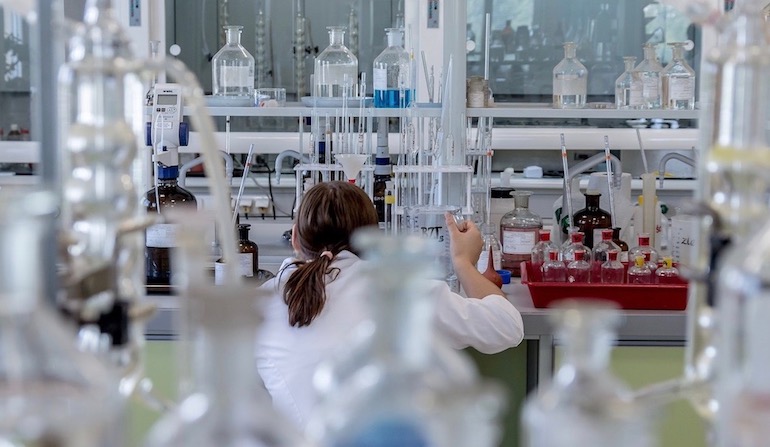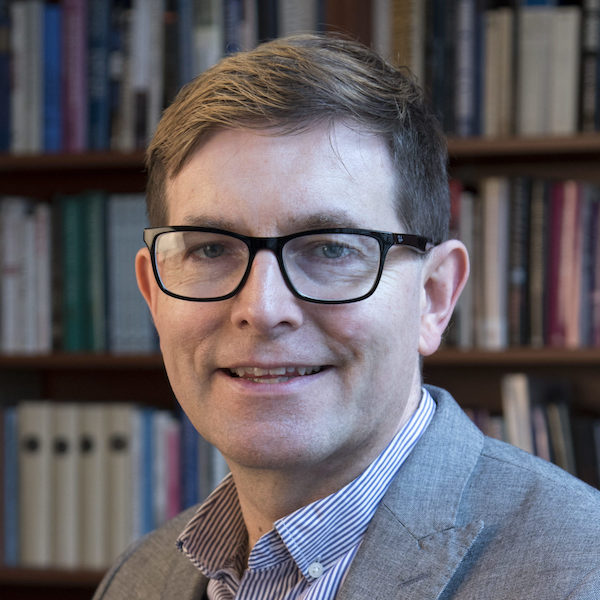 Culture & Ethics
Culture & Ethics
 Medicine
Medicine
A Push for Licenses to Genetically Engineer Human Beings

“The scientists” claim that they can be trusted to “self-regulate” their efforts to create new biotechnologies. Baloney. Despite their mooing about adhering to ethical and safety protocols, two genetically altered babies have already been born, children who may have a higher mortality risk from being created as an experiment, whose children would have the same potential health issues.
Since the “uproar” over that debacle — which I contend was only about when the engineering was done, not whether it should be done — we still see no progress in bringing this field under reasonable regulatory guidance or legally binding control.
Pretend Upset
That’s because the purported upset is all pretend. Indeed, a letter written by Julian Hitchcock of the U.K. government’s Synthetic Biology Leadership Council, published in Nature — the most prestigious science journal in the world — explicitly advocates licensing scientists to genetically engineer in the same way we do cannabis vendors!
Might it therefore be safer from a public-health perspective to permit access to licensed human-genome editing that meets acceptable standards? A new committee set up by the World Health Organization is already doing important work to set such standards. So, too, is an international commission convened by the UK Royal Society, the US National Academy of Sciences and the US National Academy of Medicine.
As with medical applications of cannabis, legal uses of heritable genome editing would still need ethical approval, and informed public debate must be advanced. Public information campaigns indicating that research into genome editing is at an early stage, and that unapproved experimentation is both risky and illegal, would provide a practical first line of defence against malpractice.
Are You Kidding Me?
This is probably the most powerful technology ever invented, with the power to alter human life down the generations! It’s nothing at all like selling marijuana.
Moreover, licensing scientists to tinker with the human genome under industry-created standards won’t solve a damn thing. Hitchcock says we should grant licenses because the technology is both easy to do and inexpensive. Indeed. And that’s precisely why such a scheme won’t work. If someone doesn’t qualify, or if they want to work outside the non-legally binding standards, they will just do it anyway.
No. We need a legally enforceable moratorium with a punch for violators. We need to withhold all patent protections for knowledge gained or products made from gene editing engaged in outside legal parameters that are created. We need to ensure that any scientists participating in the work outside the regulations are denied entry into the U.S., denied government funding, or otherwise scorned.
Hey, Trust the Scientists!
We can’t trust “the scientists” to do the right thing because over the years too many have proven unworthy. For example, during the great embryonic stem cell debate, researchers repeatedly and solemnly promised that all they wanted was to experiment on embryos through the 14th day in a Petri dish. But guess what? Advocacy has commenced to extend that time — just as some of us predicted it would once the technology advanced to the point where they could keep embryos going longer. Hence Hitchcock writes:
To further ensure responsible governance, legislatures need to advance research on editing human embryos. The UK’s 14-day limit should be extended to permit studies of later-stage human embryos. Research applications should not be impeded by CRISPR exceptionalism, for which there is no legal basis.
What does that mean? 21 days? A month? “Later stage” human embryos are six-to-eight weeks along. Does he want to go there when it can be done?
Hollow Assurances
Assurances from “the scientists” are morally hollow. They will agree to voluntarily prevent what they can’t do — yet — in order to have free rein to do what they can. Then, once the formerly undoable becomes possible, they redraw the lines so they can engage in experiments that they once earnestly forswore.
Our institutions keep failing us, and the science sector is no exception. Mark my words: Once artificial gestation chambers are developed, some will want to do live fetal experimentation well beyond the embryonic stage. After all, it’s been done before.
Do you want to know how Brave New World would have started in the time before the novel begins? Just like this.
Photo credit: jarmoluk, via Pixabay.
Cross-posted at The Corner.

